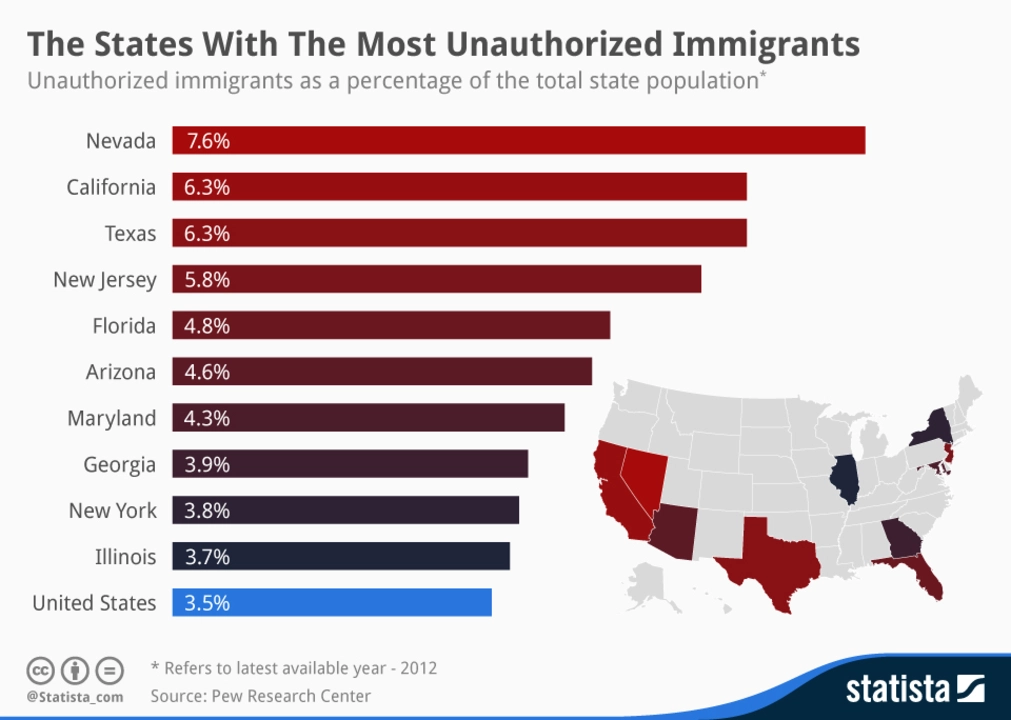What Percentage of Indians Stay Unmarried?
Ever wondered how many people in India never get married? Recent data shows about 5‑10% of Indians stay single for life. That may sound small, but with a population of over 1.4 billion, it’s millions of individuals making a conscious choice to skip the traditional path.
Why does this happen now more than before? A mix of career goals, personal freedom, and changing values are driving the shift. Young professionals are spending longer in school, climbing the corporate ladder, or building startups. For many, marriage feels like a pause button on their ambitions.
Why More Indians Choose to Stay Single
Career focus tops the list. When you’re juggling exams, internships, and a demanding job, the idea of finding a partner can feel like an extra hassle. People also talk about the cost of weddings and setting up a new household – it’s a big financial commitment, especially in big cities where rent and living expenses are already high.
Freedom plays a huge role, too. Being single means you can travel whenever you want, move to a new city for a job, or simply enjoy evenings without having to check in with anyone. This flexibility is especially appealing to those who grew up hearing about arranged marriages and want to take control of their own love lives.
Another interesting point is gender. Studies show Indian women are more likely to stay unmarried than men. Social expectations, safety concerns, and the pressure to find a ‘perfect’ match can push many women to stay single until they feel truly ready, or sometimes decide that marriage isn’t for them at all.Family attitudes matter as well. While many Indian families still hope for children to settle down, there’s a growing acceptance of different life choices. Parents who see their kids thriving solo are less likely to push for a wedding.
What This Means for Society
When a noticeable chunk of the population stays unmarried, it changes the social fabric. Housing markets see more demand for smaller apartments or shared living spaces. Consumer habits shift – single people tend to spend more on travel, personal development, and tech gadgets.
From a policy angle, governments may need to think about social security, healthcare, and retirement plans that traditionally rely on family support. More single seniors could mean a higher demand for community services and elder care facilities.
On the cultural side, media is beginning to showcase single protagonists, reflecting the new reality. Movies, TV shows, and blogs are telling stories about self‑growth, friendships, and love beyond marriage.
If you’re one of the 5‑10% choosing to stay single, you’re not alone. Think of it as a lifestyle choice, just like any other. Focus on building a strong support network, keep financial planning in check, and enjoy the freedom that comes with making your own schedule.
For those who wonder whether staying single is a risk, remember that happiness isn’t tied to a marital status. Whether you’re building a career, traveling the world, or simply enjoying evenings with friends, the key is to live a life that feels right for you.
So, the next time someone asks, “Why aren’t you married yet?” you can answer with confidence: “I’m busy living my life the way I want, and that’s perfectly fine.”
In recent times, I've noticed a growing trend of people choosing to stay unmarried in India. Upon further research, I found out that about 5-10% of Indians stay unmarried throughout their lives. This change in lifestyle choices seems to be influenced by factors like career ambitions, personal freedom, and individualistic values. Interestingly, Indian women are more likely to remain single compared to men. It's fascinating to see how societal norms are evolving and how these changes are reshaping the traditional concept of marriage in India.
